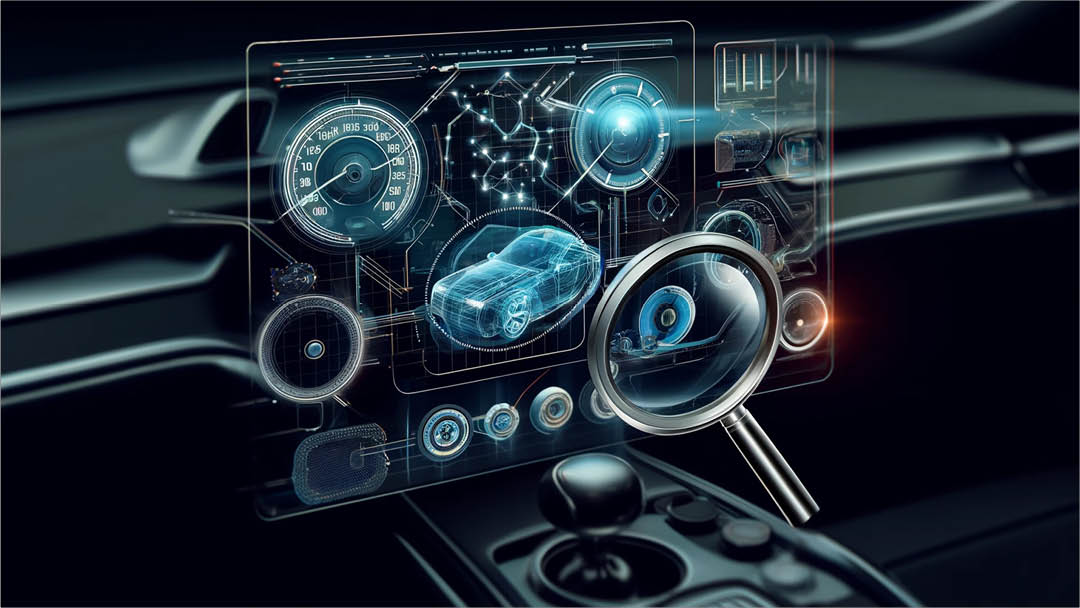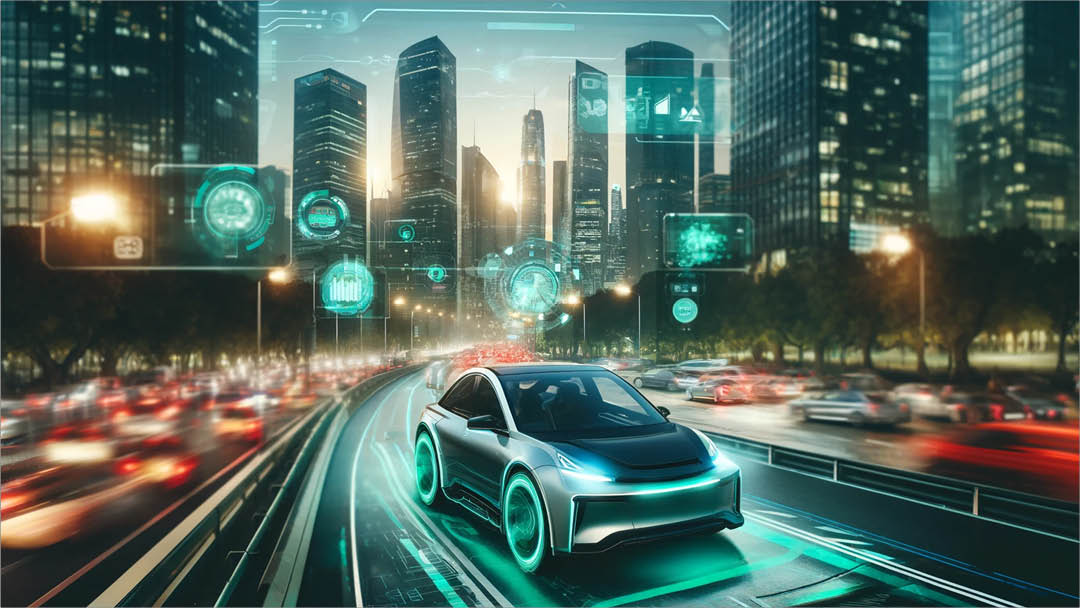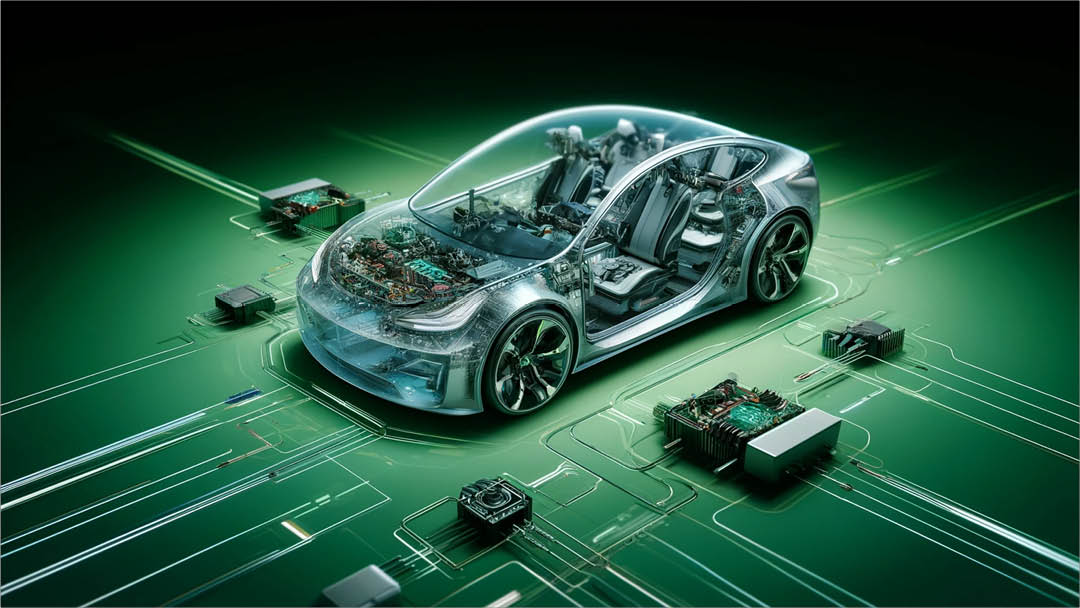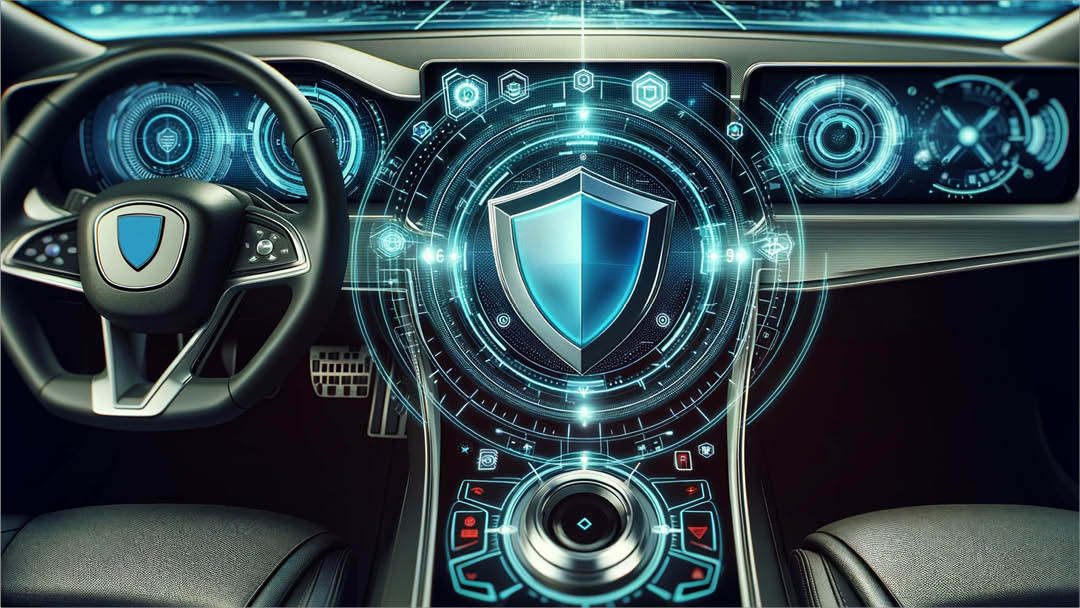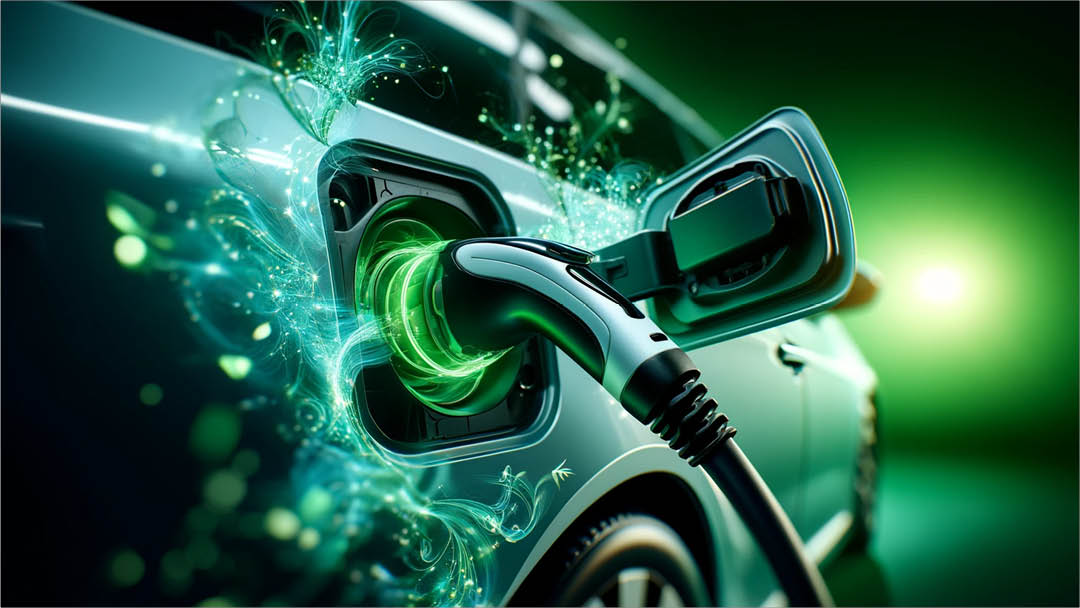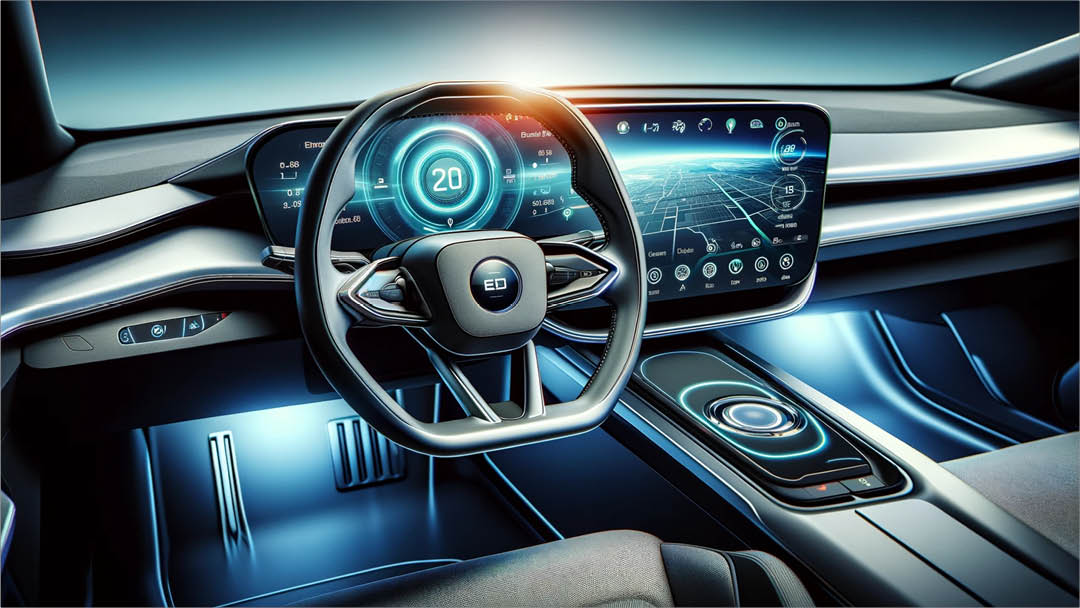In Brief
- Classic AUTOSAR is a standardised software architecture crucial for the complex electronic systems in modern electric vehicles (EVs).
- This modular, scalable framework ensures interoperability between various EV components, enabling seamless functionality and communication.
- Acsia’s deep expertise in Classic AUTOSAR empowers EV manufacturers to accelerate development, improve safety, and optimise efficiency.
Electric vehicles (EVs) are at the forefront of the automotive industry’s digital transformation, representing a paradigm shift in how we design, develop, and interact with automobiles. Unlike their internal combustion engine counterparts, EVs are heavily reliant on sophisticated electronic systems to control every aspect of their operation, from battery management and motor control to advanced driver-assistance systems (ADAS) and user interface features.
This intricate web of interconnected electronic control units (ECUs) and software modules demands a robust and adaptable software architecture to ensure seamless functionality, safety, and efficiency. This is where Classic AUTOSAR steps in as the unsung hero, providing the standardised foundation upon which EV software is built.
Classic AUTOSAR: The Architect’s Blueprint
Classic AUTOSAR is not just a software framework; it’s a comprehensive blueprint that governs the design, development, and deployment of embedded software in EVs. It offers a standardised set of interfaces, services, and methodologies that streamline the development process, promote reusability, and ensure interoperability between different components and suppliers.
Key Advantages of Classic AUTOSAR in E-Mobility:
- Standardisation and Interoperability: The EV ecosystem is a multi-vendor landscape, with components sourced from diverse suppliers. Classic AUTOSAR establishes a common language and interface, enabling seamless communication and interaction between these disparate elements. This interoperability simplifies integration, reduces development time and cost, and fosters innovation by allowing manufacturers to focus on differentiating features.
- Modularity and Reusability: AUTOSAR’s modular approach breaks down complex software into smaller, self-contained components with well-defined interfaces. This not only simplifies development and testing but also facilitates the reuse of software modules across different EV models and platforms, accelerating time-to-market and reducing overall development costs.
- Safety-Critical by Design: Functional safety is paramount in the automotive industry, especially for EVs. Classic AUTOSAR embeds safety mechanisms like memory protection, error handling, and redundancy into the software architecture. This ensures that critical functions remain operational even in the event of hardware or software failures, safeguarding passengers and adhering to rigorous safety standards like ISO 26262.
- Resource Optimisation: The computational resources in EVs are limited. Classic AUTOSAR’s efficient runtime environment (RTE) manages these resources effectively, optimising memory usage and processing power. This results in leaner, faster, and more cost-effective software implementations, a critical factor in the mass adoption of EVs.
- Evolution and Futureproofing: AUTOSAR is not a static standard; it evolves to keep pace with the changing needs of the automotive industry. Recent updates have introduced support for over-the-air (OTA) updates, enabling remote software upgrades and feature enhancements, and strengthened cybersecurity measures to protect against evolving threats.
Acsia: Your Partner in Classic AUTOSAR Excellence
At Acsia, we understand the intricacies of Classic AUTOSAR and its pivotal role in e-mobility. Our team of experienced engineers and software architects has a proven track record of delivering high-quality AUTOSAR-based solutions. We offer:
- Expertise Across the AUTOSAR Stack: From the basic software (BSW) to the runtime environment (RTE) and application layer, we have the expertise to develop and integrate all levels of AUTOSAR-compliant software.
- Customisation and Flexibility: Understanding that each electric vehicle project has its distinct characteristics, we provide solutions customised to meet your specific needs, ensuring enhanced performance and functionality.
- Seamless Integration: We work closely with your team to ensure smooth integration of our AUTOSAR solutions into your existing development environment.
- End-to-End Support: Our commitment doesn’t end with development. We provide comprehensive support throughout the entire product lifecycle, from initial design to deployment and maintenance.
Are you ready to harness the power of Classic AUTOSAR for your e-mobility projects? Contact Acsia today to discuss how our expertise can help you develop cutting-edge EV software solutions that meet the highest industry standards. Visit our AUTOSAR Solutions page to explore our comprehensive range of services and solutions.
